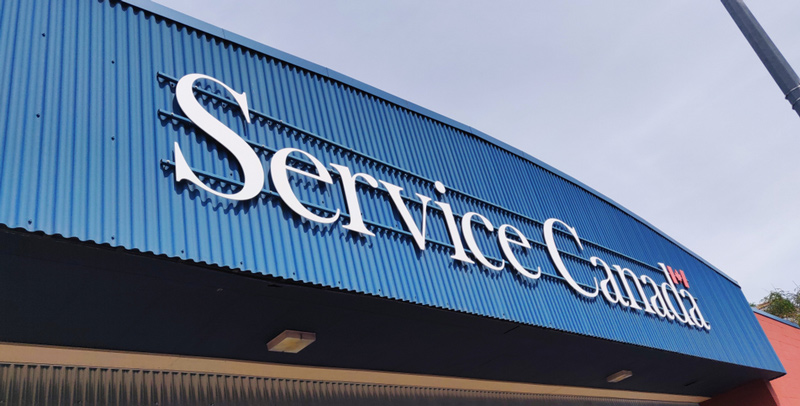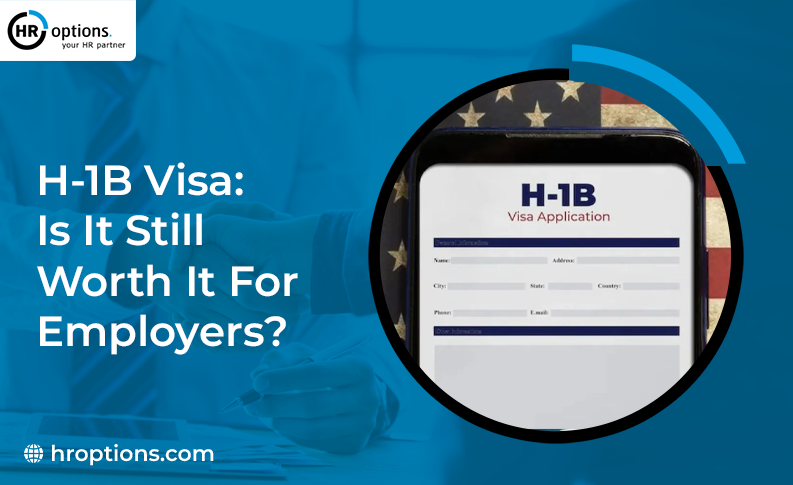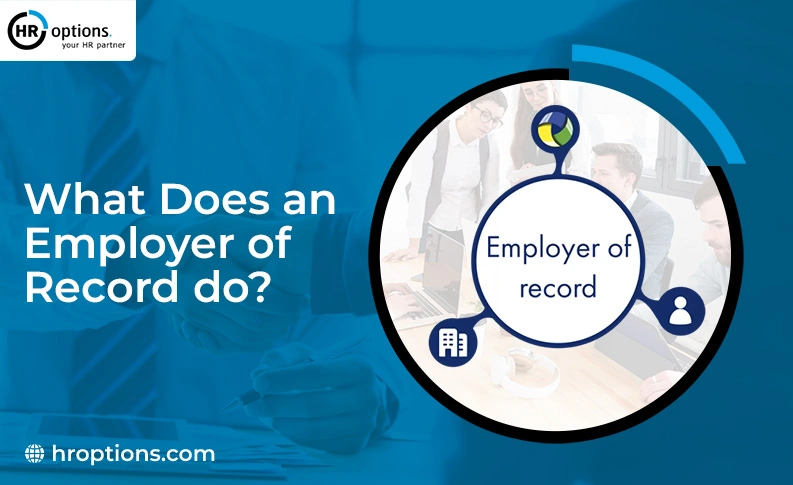EMPLOYEE HIRING PROCESS: THE CANADIAN WAY
 Nunzio Presta
Nunzio Presta
Senior Sales and Marketing Executive
As your business starts, one of the things on your list is hiring the best employees to help in achieving your business goals.
If you are just starting your business in Canada, whether you come from a different country or not, there are things you need to do before, during and after you hire your new employees.
With that said, here are some items you need to know that could keep your hiring process running smoothly and successfully.

THINGS TO SETTLE BEFORE ACTUALLY HIRING
When you are just starting your business, you need to make sure that everything you do is in accordance with the law. That way, you have one less problem to think about, right?
You need to register for a Business Number (BN) at the Canada Revenue Agency or CRA. There are several ways to register for a Business number – you can register for it online, mail or fax by filling out the RC1 Form. If you won’t be doing it online, the form should be mailed or faxed to the nearest Tax Service Office (TSO) or Tax Center (TC). During business hours, you may also contact the CRA by phone at 1-800-959-5525.
While getting the BN, you may also enroll for a payroll program account at the same time, which would essentially be saving you time by doing it together. Just fill out the part C of RC1. You can have multiple payroll program accounts for one business depending on if you have other branches or offices in different cities.
THE HIRING PROCESS
Just like with any job hiring, create the job description and responsibilities before interviewing or advertising for applicants. Make the job description as detailed as possible with the responsibilities and qualifications you are looking for in an applicant.
Once you get your pool of applicants, start your interviews so you can filter them out and pick the ones you think would best fulfill the roles of the position.

When hiring someone, it’s a great idea to write up a job offer and once they accept, writing up an employment agreement would be helpful even if you are not legally obligated to do so in Canada. These documents not only help clarify the agreement between the employer and employee, but it puts in black and white items that can’t be questioned in the long run like one’s salary, benefits and work hours.
Keep in mind that every Canadian province has their own employment law, so your job offer should follow those laws accordingly. Some standards that exist in Canada are Federal Labour Standards, Alberta Employment Standards, Ontario Employment Standards and Nova Scotia Employment Standards.
WHAT IS SIN? TD1?
You need to obtain a Social Insurance Number (SIN) from your new employees. It is similar to a Social Security Number for Americans. The SIN is used to access government programs and benefits. It is also needed by anyone who wants to work anywhere in Canada.
If your employee does not have a SIN yet, but is eligible to work in Canada, instruct them to apply for a SIN at the nearest Service Canada office. Once your employee gives you their SIN, make a record of their full name and SIN and make sure to protect it, using it only for income-related information.

Be careful when checking your employee’s SIN. Some Social Insurance Number starts with number “9”, which means that the person who owns it is not a Canadian citizen or permanent resident. They are given this temporary SIN and are only allowed to work under a certain employer. This SIN also has expiration dates.
When it comes to forms, one important form that every employee should fill out is the TD1 or Personal Tax Credits Return. The tax amount that will be deducted from their income will be determined once this is submitted.
Every province has their own TD1 form so make sure the right form was submitted so there won’t be any issues upon submission. In some cases, your employee should fill out both the federal TD1 and provincial TD1.
FILING EMPLOYEE RECORDS
Once your employee has started working, it’s best to keep records of every important document relating to your employee. Keep copies of documents like employment agreements, time sheets, performance reviews and records of disciplinary actions.
These documents stand as your employee’s protection and the business’s protection in any event that a problem arises. Filing records is a best practice in Canadian HR and those records could be of help when it comes time to a promotion or even termination of your employee.
If you’re new in the Canadian Market, you can get an outsourced HR service to help assist with your HR-related matters. HR Options actually happens to provide this service!
HR Options offers HR consulting services that can provide expert advice about Canadian HR. We offer full HR service to help your business navigate through Canadian Employment Law.
For more details, you may contact HR Options by calling (800) 777-8944/ (866) 859-4157 or send an email at service@hroptions.com and we’ll be happy to assist you with your Canadian HR concerns

CONCLUSION
With all the information we gathered today, you should be better equipped with enough knowledge to start your Canadian business ventures. Soon enough, you’ll be on your way to hiring your very own team!
Keep in mind all of these some Canadian HR best practices which will help you in having less issues to face once you start sailing through the Canadian market!







